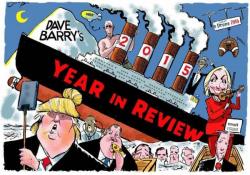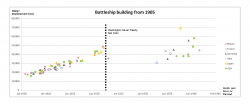The Man That Could Save Ramadi & Fallujah From ISIL & Sectarianism
Defeating ISIL in Iraq requires coordination between the Sunni tribes and the Shiite dominated Iraqi government. The problem is however that the U.S is empowering both the Shiites and the Sunnis and thus is able to direct the course of events. The Sunni tribes were the ones who defeated the original Al-Qaeda in Iraq and are now the ones capable of eradicating ISIL. They need to be free of the threat of sectarianism in order to free their own towns and villages.

